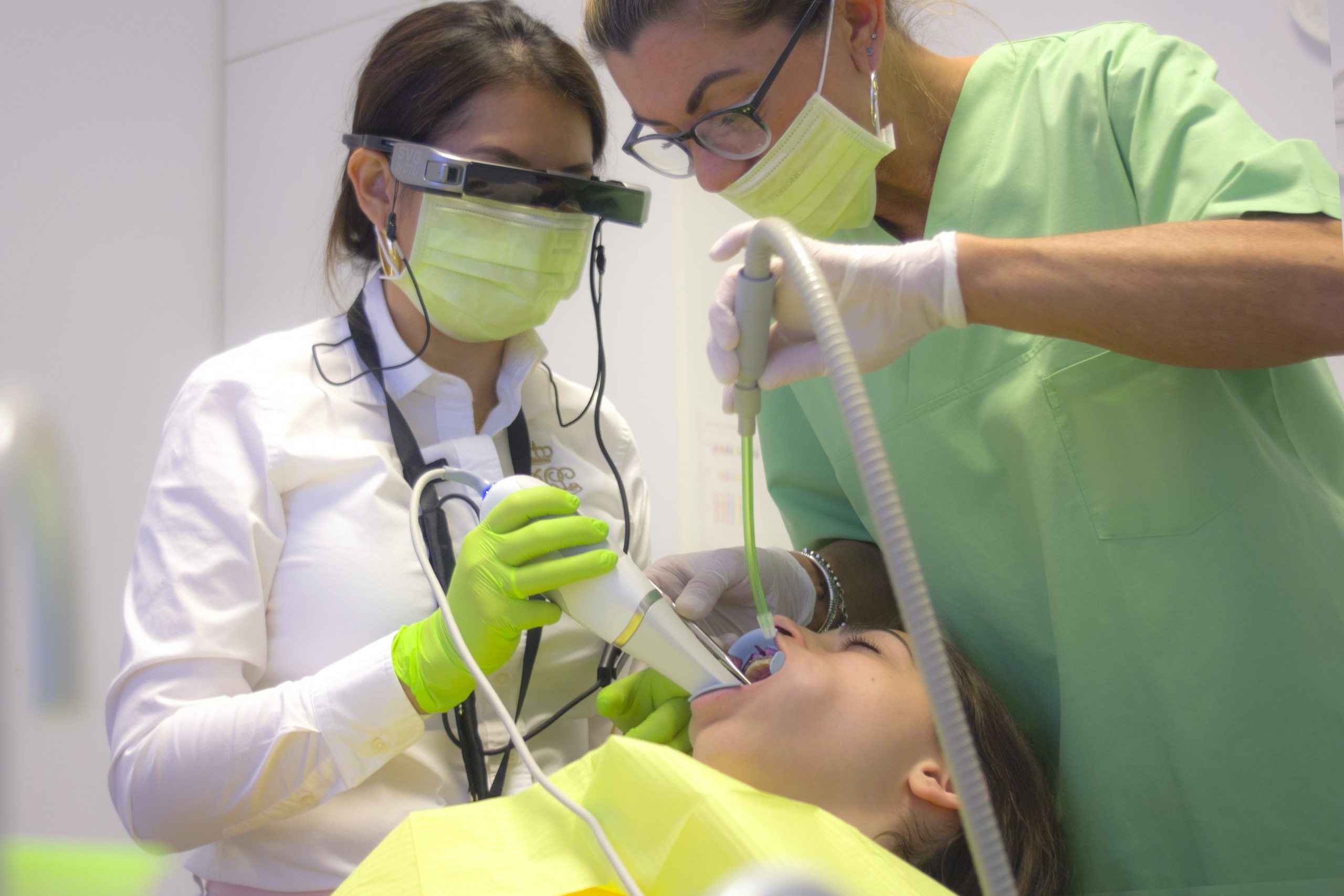
Organ-on-a-chip: recent breakthroughs and future prospects
A new technology called “Organ-on-a-chip” has emerged that is already changing drug manufacturing. Drug development can be a long process, primarily due to the inefficiencies of animal testing. Researchers can observe the effects of various drugs on these cells, which can more accurately reflect human reactions.
Biotechnology Nortis is one of the leaders in this field. So we asked CEO Thomas Neumann about the benefits and challenges of organic chips, and what he thinks is the next step in drug development.
What are the advantages of OOC in drug development over traditional methods?
Currently, drugs are usually tested using animal models, particularly rodents, and then undergo clinical trials by human participants. Animal models show that many of the drugs considered safe and effective in many animals that cannot accurately mimic the human condition, most of which are not in humans. The high turnover of clinical trials is a major cause of the high cost of delivering new drugs to patients.
Nortis Organonchip technology has the potential to more accurately predict whether a drug will fail in clinical trials. In their study, one of AZ’s drugs, which failed clinical trials because of renal toxicity, was tested on a Nortis kidney chip. In contrast to traditional cell culture and animal models, which show no signs of kidney damage, the drug was found to induce nephrotoxicity in Nortis kidney chips.
What are your expectations for the future of drug development?
OOC technology will increasingly be adopted in the drug development process to change the drug development process. Researchers using the OOC as a safety testing tool can identify drug candidates that have failed in clinical trials at a much earlier stage. Future OOC data will be used not only to eliminate drug candidates that may not be safe for humans, but also to create confidence that drug candidates entering clinical trials are safe and effective.
Finally, OOC is used more in the early stages of new drug discovery where it is important to understand the mechanism of the disease and adjust the appropriate treatment. Organonachip is an important emerging technology for research and development as it can show how a candidate drug reacts in human tissue structure, unlike traditional animal models, long before it enters clinical practice.
How does the Organ-on-chip platform accurately mimic human organs? Organ-on-a-chip technology uses microscale engineering techniques combined with cultured living human cells to create an experimental platform that summarizes the physiological and mechanical microenvironments of whole living organs. These specialized invitro human disease models could revolutionize drug discovery by enabling researchers to more accurately predict human responses to drugs, including safety and effectiveness. Organ-on-a-chip technology can be designed to perfectly reproduce the complex and dynamic state in which living cells operate within the human organ, the so-called human cell “home away from home'”. Using Organ-on-a-chip technology for the purpose of preclinical safety testing of development and development processes or for internal decision-making during the targeted validation phase.
Human alternatives to Organ-on-a-chip technology etc. to accelerate the discovery and development efforts of COVID-19 Historically, animal alternatives to study respiratory viruses have included conventional in vitro models using cell lines, which lack the in vivo relevance and biological complexity required to model viral pathogenesis and simple culture conditions. Overall, Emulate Organ-on-a-Chip allow for faster insight into COVID-19 and other human diseases and can accurately predict human responses to vaccines or candidate drugs. The Organ-on-a-chip candidate drug is considered an important emerging technology for research and development as it can reveal how a drug responds to human tissue structures, in contrast to existing animal models long before it enters the clinic. More human-related options, such as organa chip technology, can be adopted to accelerate the discovery and development efforts of the Corona 19. Historically, animal alternatives for respiratory virus research have used existing in vitro models that use cell lines. It results from simple culture conditions that lack the in vivo relevance and biological complexity needed to model viral pathogenesis.
Overall, Emulate Organ-on-a-Chip can accurately predict human reactions to vaccines and drug candidates, allowing faster insights into COVID 19 and other human illnesses.
Organ- On-a-chip, Promising Future of Therapeutics : In the current drug pipeline, many drugs will eventually fail during the development process, which impacts costs The search for new medicines generally begins in the laboratory, where scientists test thousands or tens of thousands of compounds to see how they affect a particular disease.









